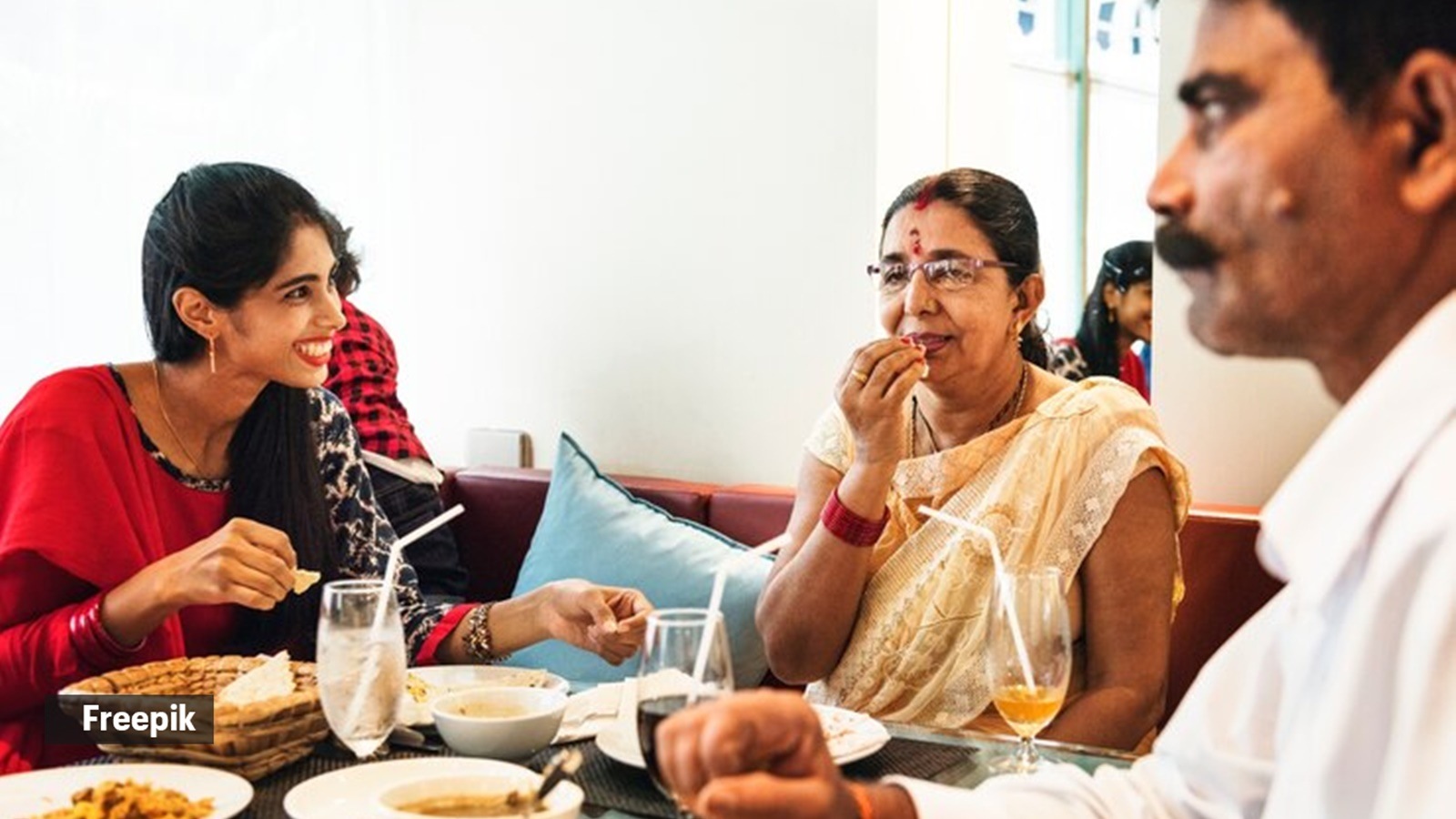📣 For more lifestyle news, click here to join our WhatsApp Channel and also follow us on Instagram
Shraddha Kapoor says family members request space with ‘DND signs’: How establishing boundaries lead to healthier family dynamics
Boundaries within a family can be set gently to protect relationships while fostering individual growth.
 Shraddha Kapoor talked about her father Shakti Kapoor's struggling days. (Express photo by Pradip Das)
Shraddha Kapoor talked about her father Shakti Kapoor's struggling days. (Express photo by Pradip Das)While talking at the launch event for SCREEN magazine in Mumbai, Shraddha Kapoor opened up about her family dynamics. When asked if she relates to her character in Tu Jhoothi Main Makkar, Kapoor said she loves living with her family.
“We have this system at home. Whenever someone needs personal space, we make DND signs on paper and hang them on our room doors. The rule is you can only knock on the door, or bang it when there is an emergency. If not, you will wait till the sign is off,” she told indianexpress.com.
This practice of setting boundaries piqued our interest, so we reached out to an expert to understand how establishing boundaries can foster healthier family dynamics, especially in our country.
Counseling psychologist Srishti Vatsa explained that Indian families often prioritise attachment at the cost of individuality, and that this can sometimes stifle personal identity. “Boundaries help balance these forces, allowing individuals space to nurture their personal identity while preserving family bonds. The key is to introduce boundaries gently so that attachment remains intact,” she said.
Boundaries, whether physical or emotional, are about defining personal limits and how you wish to be treated. However, Vatsa said that not all therapy concepts from the West easily fit into Indian social settings.
According to Vatsa, “Setting physical boundaries, like the ‘Do Not Disturb’ signs Kapoor spoke about, may seem practical in privileged households but in Indian homes where space is often limited, they may feel foreign or impractical.”
 In Indian families, personal space isn’t always a priority or even a possibility (Source: Freepik)
In Indian families, personal space isn’t always a priority or even a possibility (Source: Freepik)
In Indian families, often, personal space isn’t always a priority or even a possibility. “In our culture that places a lot of importance on close-knit interactions, these ideas might feel difficult to implement. Traditional Indian households often experience emotional enmeshment, where one person’s feelings can affect everyone else, leading to heightened emotional responses,” Vatsa said.
But, for those who are able to create moments of solitude within their homes, it allows them the space to process emotions, vent frustrations, and return to the family dynamic with a clearer mindset. “If you can communicate the need for space and your family respects that, it’s a positive step. For those who cannot achieve this within their household, seeking refuge in trusted friendships or even reaching out to a therapist could be an alternative way to decompress and maintain emotional balance,” said Vatsa.
📣 For more lifestyle news, click here to join our WhatsApp Channel and also follow us on Instagram
Photos


- 01
- 02
- 03
- 04
- 05

























